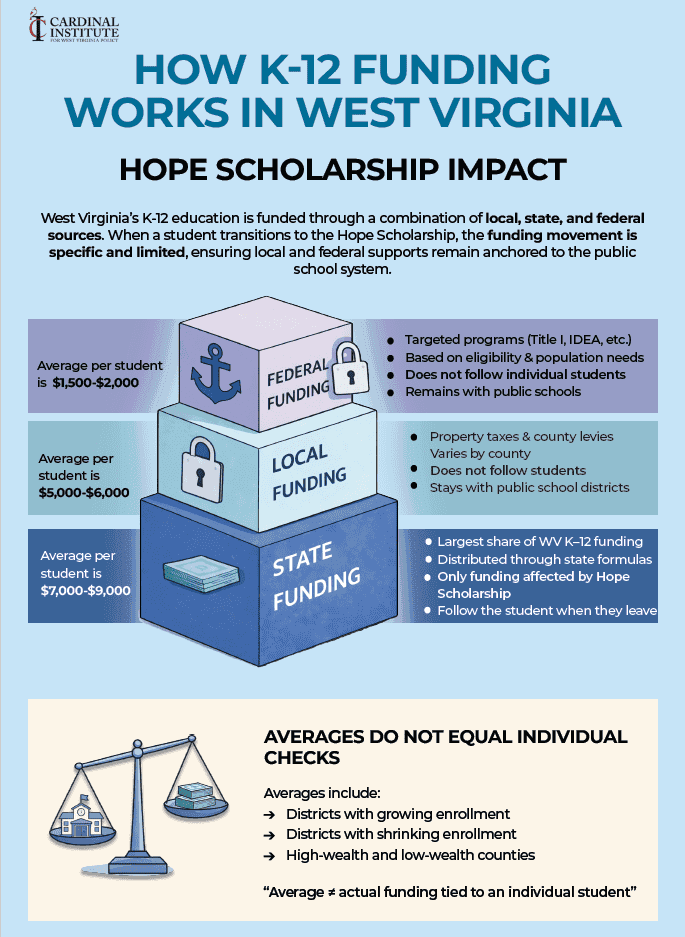
Policy Ideas for a Post-Pandemic World
Cardinal Team
Many of our individual lives have changed in some way or another due to the coronavirus. Similarly, lawmakers have a wide range of public policy options worthy of consideration as they are tasked with facilitating smooth transitions into post-coronavirus life and recovery of the localities and economies they, and the constituents they represent, are a part of.
Some of the best suggestions are policies that have been considered helpful in many states, including West Virginia, while in the midst of the pandemic. Others will require bold leadership on the part of elected representatives to create the space for imaginative and transformative solutions to existing and new challenges that we face as a result of this pandemic.
Repeal of Certificate of Need Laws
My colleague, Amanda, wrote on this a couple of months ago and Cardinal issued a letter to Governor Justice on this topic during the beginning of the statewide stay at home order, but this topic remains as important today as it did then. It should not be the case that healthcare providers must obtain permission from the state government in Charleston to expand facilities, offer new services, or purchase certain pieces of equipment that are needed to serve those who live in the areas they serve. Over the lifetime of these laws, the results have been to artificially limit the supply of healthcare resources, raise the costs of healthcare, and make it harder to ensure quality care, especially to those living in rural areas.
Relax or Repeal Occupational Licensing Requirements
Especially in a time where so many of our fellow Americans and West Virginians are unemployed or underemployed as a result of the economic shutdowns, it should be our top priority to make it as easy as possible for folks to get back to work and earn a living. Removing artificial hurdles to employment, and there are a lot of them, is a smart place for lawmakers to look. This will not only help West Virginia with post-COVID recovery, but it will help us make it easier to stay in the Mountain State and will make it a more attractive place to move to (especially with the rise of teleworking).
Renewed Commitment to Fiscal Responsibility
Budget projections for state and local governments coast to coast are looking grim in light of the economic downturn that accompanied the pandemic and various states’ stay at home orders. In this situation, lawmakers should shy away from the temptation to raise taxes in order to fill budget gaps. After all, many of their constituents are facing budget shortfalls at the household level, as well, and the additional burden of higher taxes would be an added strain to folks who are already in a tough spot. State governments should carefully examine their expenditures and consider which line items should stay and which can and should be trimmed back or cut out completely — much like a typical household would make decisions about cooking at home vs. dining out, buying brand name vs. generic goods, and what temperature to keep the thermostat on. This will help the state and prevent more unnecessary burdens on families trying to get back on their feet after an unexpected, forced period out of work.
This is a very short list of suggestions, but these three policies would have long-lasting, positive, tangible effects for everyday West Virginians.
Jessi Troyan is the Development Director of the Cardinal Institute for WV Policy.







